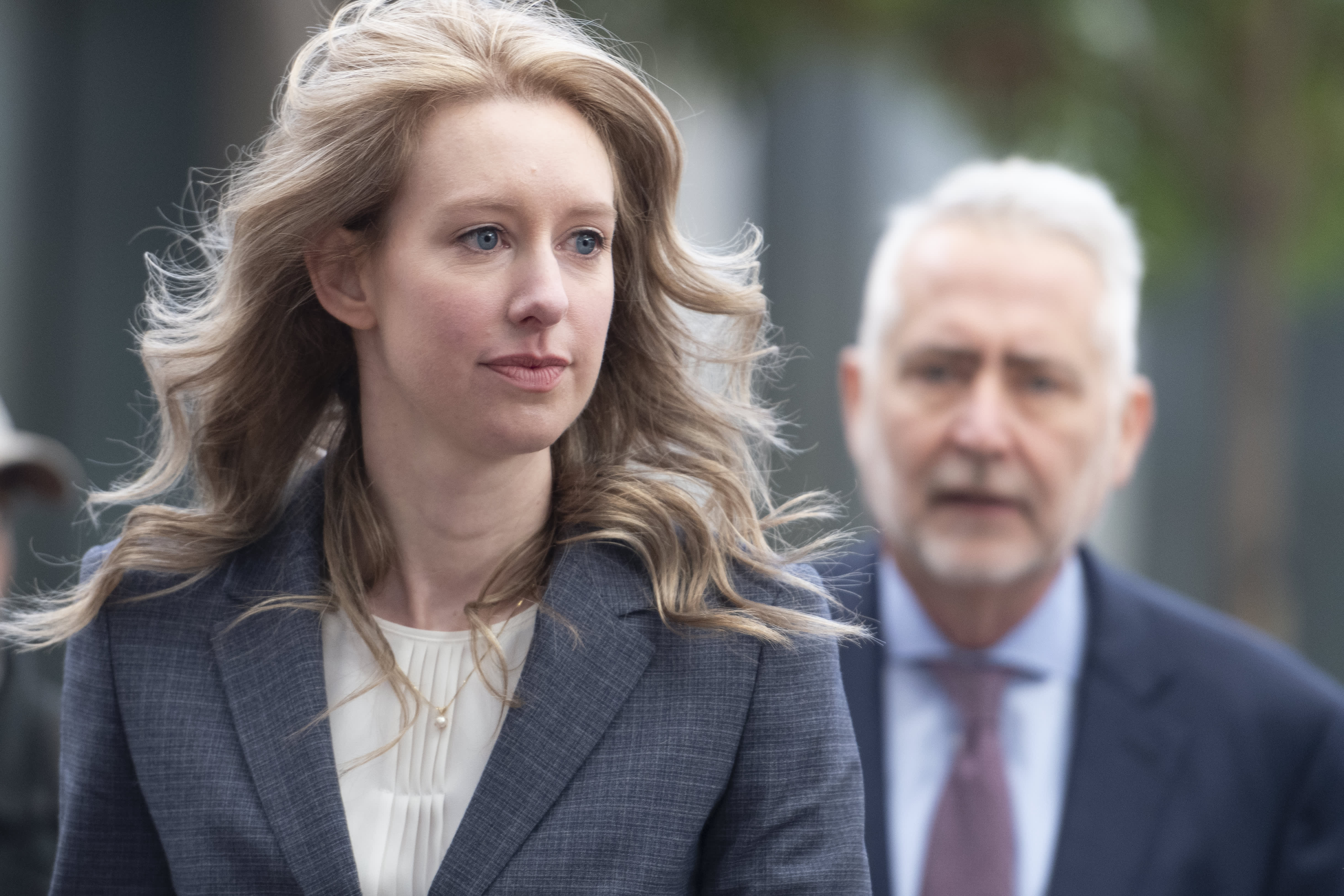
Elizabeth Holmes, founder and former CEO of Theranos, arrives at the motion hearing on Monday, November 4, 2019, at the US District Court inside the Robert F. Peckham Federal Building in San Jose, California.
Yichuan Cao | NurPhoto | Getty Images
Former Theranos CEO Elizabeth Holmes, whose criminal fraud trial was scheduled to begin in July, is asking for a delay because she is pregnant.
In a court hearing on Friday, her lawyers and prosecutors asked Judge Edward Davila to delay the start of the trial by six weeks to begin on August 31, 2021.
“On March 2, 2021, the defendant’s lawyer informed the government that the defendant is pregnant, with an expected due date in July 2021,” write Holmes prosecutors and lawyers. “Both sides agree that, in light of this development, it is not feasible to begin the process on July 13, 2021.”
No further details were immediately available.
The trial has already been postponed three times due to the Covid-19 pandemic.
Holmes’ legal team was prepared to raise the issue of mental health as part of its defense strategy. In a previous court case, Holmes’ lawyers wrote that they intended to introduce evidence “relating to a mental illness or defect or any other mental illness of the defendant that relates to … the issue of guilt.”
This would include the testimony of expert Dr. Mindy Mechanic, a professor of clinical psychology at California Fullerton State University, who, according to the University’s website, “focuses on the psychosocial consequences of violence, trauma and victimization, with a focus on violence against women and other forms of interpersonal violence “.
The judge gave federal prosecutors the ability to conduct their own mental health examination of Holmes and to be examined by two experts, a psychologist and a psychiatrist.
Holmes and her former COO Sunny Balwani each face a dozen charges of criminal fraud and 20 years in prison for falsely claiming that Theranos technology could perform dozens of blood tests with just a drop or two of blood. .
The Silicon Valley startup was once valued at $ 9 billion before stopping in 2018.